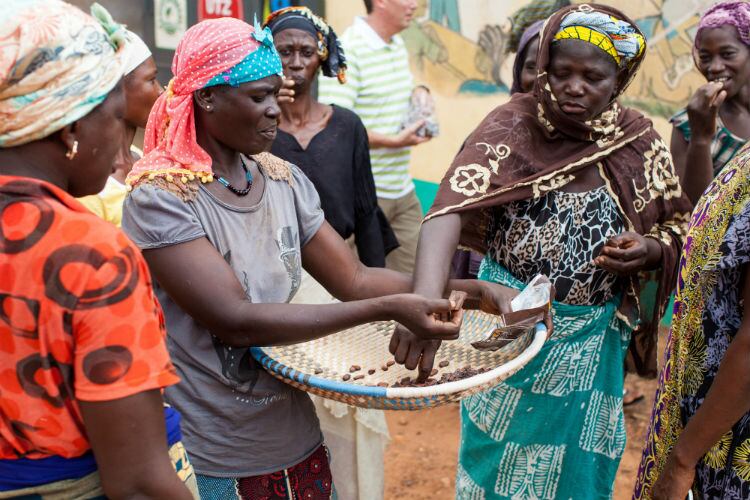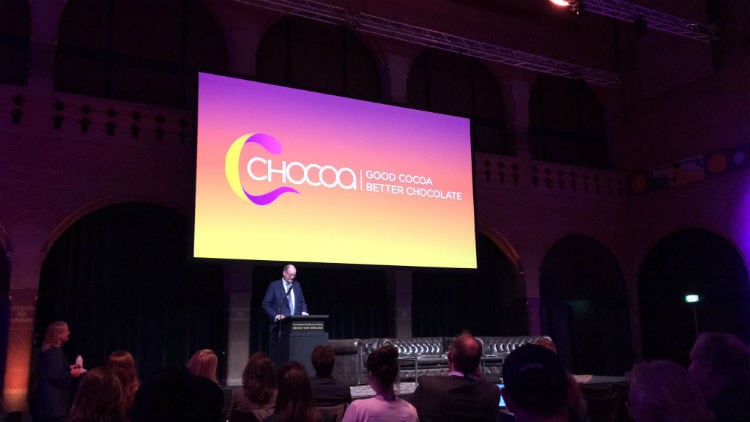Fairtrade has announced a new version of its main standard for small-scale farmers, in a bid to strengthen their power in trade relationships. The revised standard aims to drive more benefits for Fairtrade farmer organizations and make them more resilient to market shocks and climate change.
This move is expected to drive impact for almost 230,000 cocoa farmers and 50,000 sugar cane farmers in the Fairtrade system.
Small-scale farmers play an important role in global food production, but they often benefit least from global trade, the organization said.
Improve lives
The standard is intended to improve the lives and livelihoods of the 1.5 million farmers certified under the Fairtrade Standard for Small-scale Producer Organizations – representing about 90% of all Fairtrade certified organizations.
Dario Soto Abril, Global CEO of Fairtrade International, said: “The revised standard reflects one of Fairtrade’s most fundamental beliefs: the greatest impact for farmers can be achieved if the immediate benefits of minimum prices and a fixed premium are coupled with the long-term benefits of greater democratic participation, stronger producer organizations and more sustainable production practices. Farmers played a central role in shaping this standard, as they know best how to tackle their challenges.”
The standard revision is intended to bolster Fairtrade’s core focus on farmer empowerment and resilience, “while strengthening requirements and incorporating best practices to address current economic, social and environmental realities”.
Inclusive process
According to the organization, the revised standard is the result of an inclusive process that included consultations with more than 500 Fairtrade cooperatives in 70 countries, representing almost half of all Fairtrade certified farmer groups. Traders, brands and other stakeholders around the world also participated in the process.
“The difference from other certifications is that we have direct contact with Fairtrade,” said Assata, a cocoa farmer in Côte d’Ivoire. “We are taking part in the system as decision-making stakeholders.”
The changes will take effect on July 1, 2019 for cooperatives that become certified on or after that date. For currently certified cooperatives, some requirements take effect on July 1 and others have a phased transition period. The required changes in cooperatives’ membership structures will be granted the longest transition, becoming mandatory in January 2022, said Fairtrade International in a statement.


